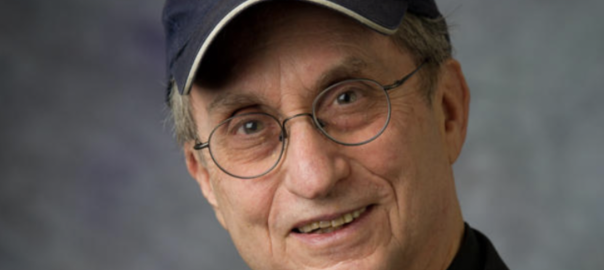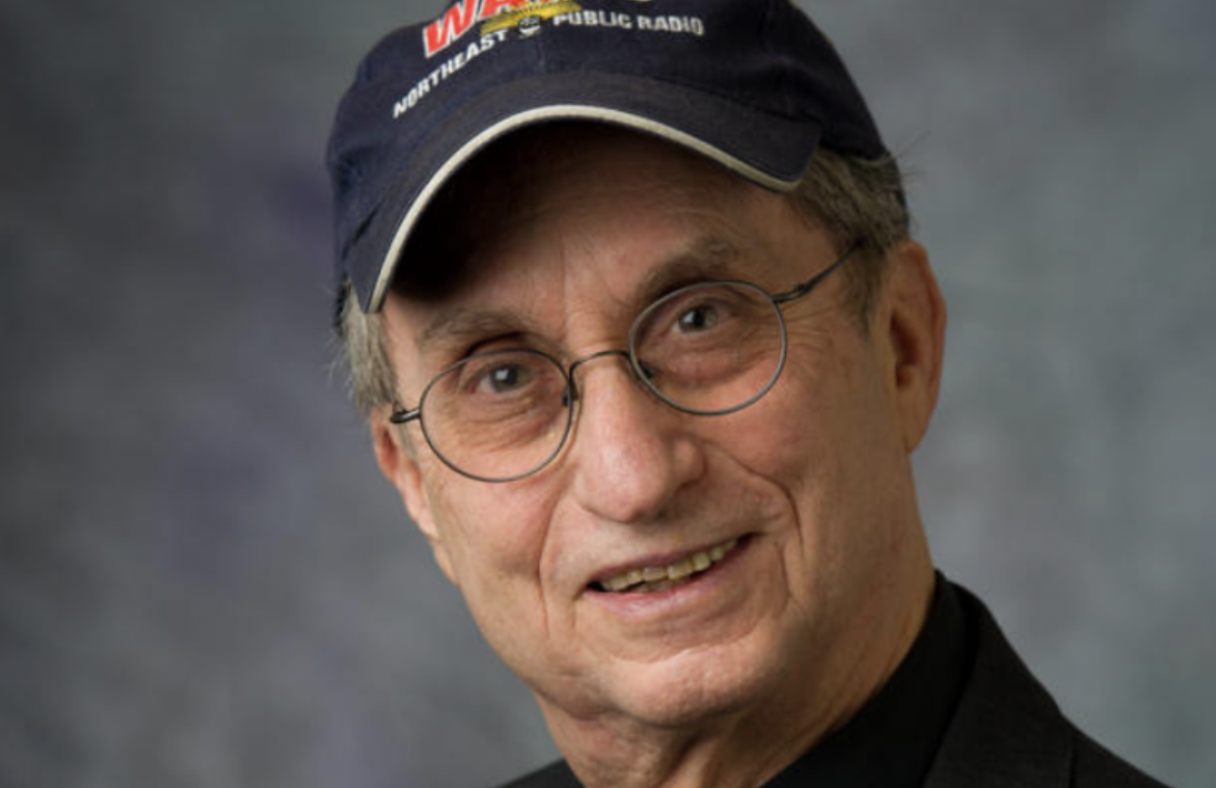
Like it or not, everything is political
Like it or not, everything is political.
The moment we make a decision about whether to do something, anything, we are engaging in a political act. When we decide which candidate to vote for, we are, as Pete Seeger used to say, “doing politics.” Unfortunately, we don’t understand that we are constantly making political decisions. Sometimes we even eschew the fact that we are making decisions. So, when we decide whether or not to marry or to date or to fight, we are making political decisions. Because we have to make decisions, we are always doing politics.
Right now, as the new year begins, we are making a lot of decisions and doing a lot of politics. Sometimes these decisions which are forced upon us are not rational choices. As we jump into the new year, we have to decide who to vote for and whether, for example, we are forced to do things that are not in our own best interest.
As a much, much younger man growing up on the West Side of Manhattan I belonged to the West Side Political Club. It was run by people like one of my political mentors, former State Senator Manfred Ohrenstein. In those days, the various political “clubs” were often run by particular factions of the local Democratic Party. I was in the Ohrenstein faction. I remember that in those days, politics was like sandlot baseball. Once you were on a team, you took your position very seriously. In fact, you might have taken it far enough to truly despise people on the other teams.
There had been a cabal that was running the various clubs and the West Side Club was one of the important ones. The rules were quite simple — the people exercising power would run a club and young people like me would be recruited and told to bring my friends to sign up. That way, the major political powers would exercise what we might call “ownership” of the various clubs. When decisions were made about who would run for office, the word went out to show up and vote one way or the other.
As you might suspect, when you were recruited to belong to these political clubs or organizations, you were expected to vote for the ruling clique. Naturally, as in all politics, there was often a quid pro quo. If you voted correctly, you might receive some benefits. Some people became entrenched in the leadership of the political party. One such person was Richard Gottfried, who is just now retiring from a long, distinguished career in politics. Gottfried got into the game as a very young man and is just now announcing that he is retiring from politics.
Of course, once you were on a team you might never forget your allegiance. Those decisions stay with you seemingly forever. The above-mentioned Richard Gottfried was often referred to as leader of a group known to those who might face being politically displaced as “the kids.” It is so fascinating that many of the people in that original group of “kids” are still with us today. I don’t have to tell you that these “kids” grow up and assume important political positions. Gottfried was once a “kid” and went on to a very important career in politics, though he never got to the very top of the food chain.
So now 69 years have passed. I am much older than when I was recruited to be part of the whole thing. It’s funny the way that it all works. One can only wonder whether what we did back then becomes a part of our lifelong learning process. I wish I could tell you that I look back on my time as a young man on the West Side as inspirational. The fact is, I do not.
Alan Chartock is professor emeritus at the State University of New York, publisher of the Legislative Gazette and president and CEO of the WAMC Northeast Public Radio Network. Readers can email him at [email protected].

